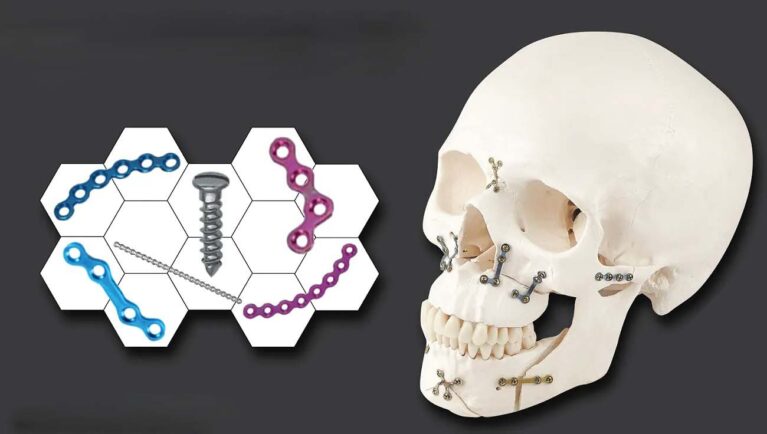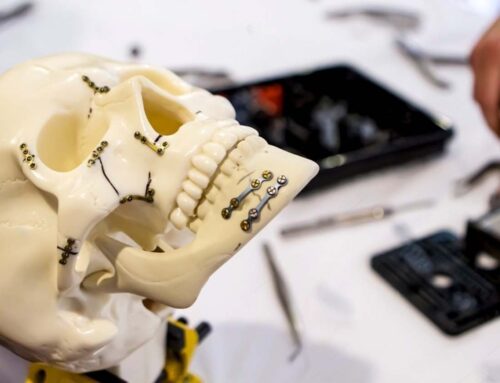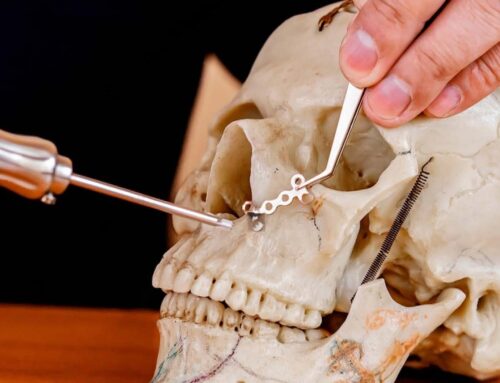Maxillofacial implants in India have seen significant advancements and growth, driven by a combination of increasing medical expertise, advanced technology, and a growing demand for aesthetic and reconstructive surgeries. Here’s an overview:
Overview of Maxillofacial Implants
Definition and Scope:
- Maxillofacial implants are used in surgeries involving the facial skeleton, primarily the jaw, face, and oral structures. They serve various purposes including reconstructive surgery after trauma, congenital deformities correction, dental restorations, and aesthetic enhancements.
Types of Implants:
- Dental Implants: These replace missing teeth and support dental prostheses.
- Craniofacial Implants: Used for reconstructing facial bones, often after trauma or in congenital deformities.
- Orthognathic Implants: Correct skeletal discrepancies of the jaw and face.
- Temporomandibular Joint (TMJ) Implants: Replace the TMJ for patients with severe joint disorders.
Maxillofacial Implant Landscape in India
Medical Expertise:
- India boasts a pool of highly trained maxillofacial surgeons, many of whom have received training and certification from prestigious institutions globally.
- There is a growing focus on continuing medical education and specialization in maxillofacial surgery.
Technology and Techniques:
- Adoption of advanced technologies such as 3D printing for custom implants, computer-aided design and manufacturing (CAD/CAM), and minimally invasive surgical techniques.
- Use of biocompatible materials such as titanium and advanced polymers for implants.
Healthcare Infrastructure:
- Availability of specialized maxillofacial surgery departments in major hospitals and dedicated dental and cosmetic surgery clinics.
- Development of multi-specialty hospitals and healthcare centers equipped with state-of-the-art facilities.
Cost and Accessibility:
- India offers cost-effective treatment options compared to many Western countries, making it a popular destination for medical tourism.
- Increased accessibility and affordability of maxillofacial procedures for the Indian population due to insurance coverage and government healthcare initiatives.
Market Growth:
- The maxillofacial implant market in India is expanding, driven by a rise in dental tourism, increasing awareness of aesthetic and reconstructive procedures, and improving economic conditions.
- Growth in the number of international patients seeking maxillofacial surgery in India due to the high quality and affordability of care.
Regulatory Environment:
- The Indian government has implemented regulations to ensure the safety and efficacy of medical devices, including maxillofacial implants.
- Continuous improvement in regulatory frameworks to align with international standards.
Challenges and Future Directions
Challenges:
- Need for greater public awareness about the availability and benefits of maxillofacial implants.
- Bridging the gap in access to advanced surgical care between urban and rural areas.
- Ensuring high standards of post-operative care and follow-up.
Future Directions:
- Continued integration of cutting-edge technologies like robotics and AI in maxillofacial surgery.
- Expansion of telemedicine and remote consultation services to reach underserved areas.
- Increased focus on research and development to innovate new materials and techniques for better patient outcomes.
In summary, maxillofacial implants in India represent a dynamic and growing field, characterized by significant medical advancements and increased accessibility, making it an important segment of the healthcare industry.





Leave A Comment